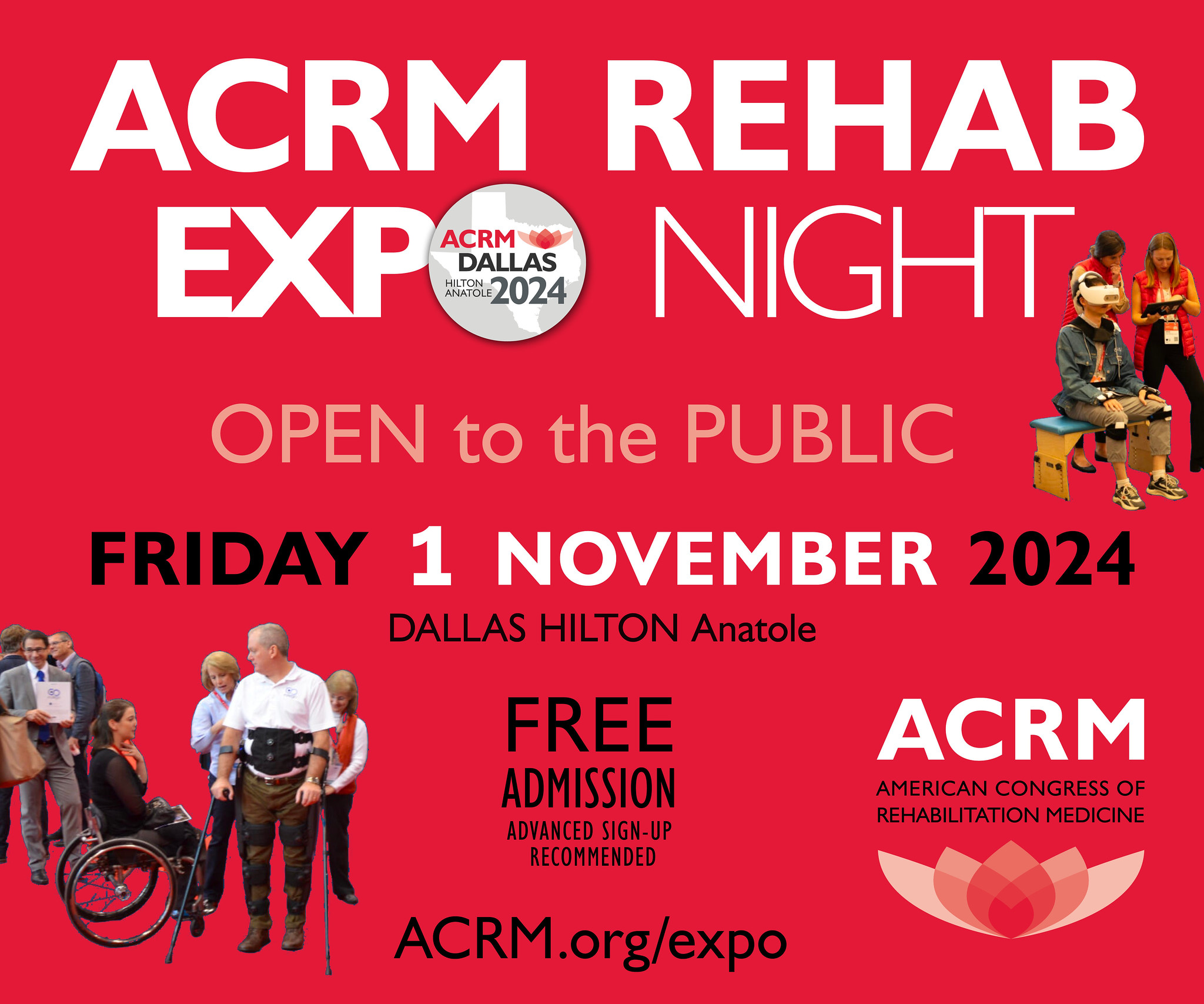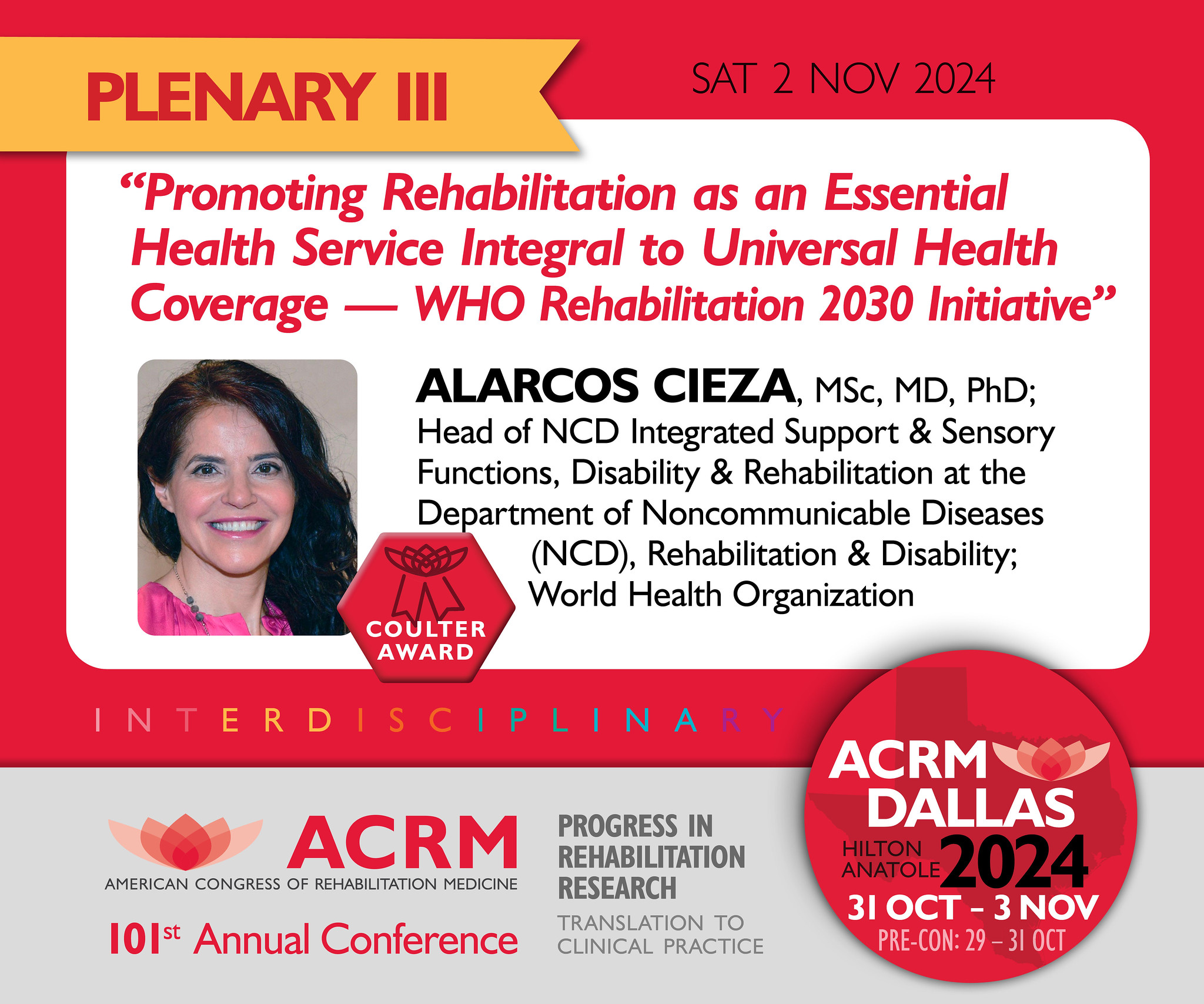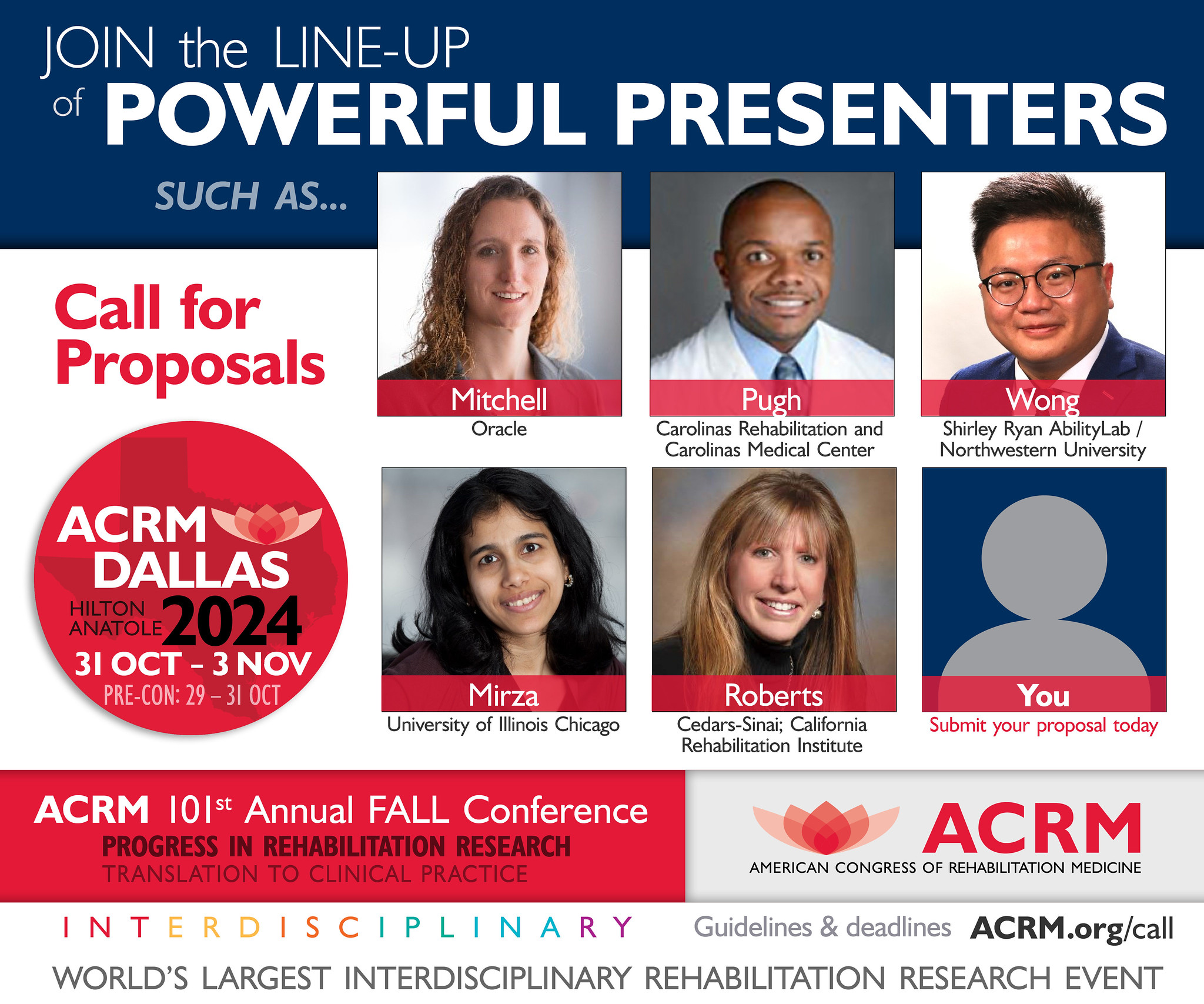INSTRUCTIONAL COURSE DETAIL
SUN, 25 OCT: 8:00 AM – 5:00 PM
SPEAKERS
Samantha L. Backhaus, PhD; Clinical Neuropsychologist;
Associate Director of the Outpatient Neuropsychology Service at the Rehabilitation Hospital of Indiana – Neuro Rehab Center.
Summer Ibarra, PhD; Rehabilitation Psychologist; Associate Director, Resource Facilitation Department; Rehabilitation Hospital of Indiana’s comprehensive outpatient brain injury Neuro Rehab Center
Thomas F. Bergquist, PhD, LP, ABPP-CN; Assistant Professor of Psychology, Mayo Clinic College of Medicine; Program Director, Mayo Brain Rehabilitation Clinic and co-investigator of the NIDDR funded Mayo TBI Model System Center
Kamini Krishnan, PhD; Adult Neuropsychology Fellow, Mayo Clinic College of Medicine with special interest in Brain Rehabilitation
DIAGNOSIS
Brain Injury
FOCUS
Clinical Practice, Outcomes Research
Training/instruction in new knowledge/skills (attendees will develop new competencies that can be applied in practice or research)
DESCRIPTION
The focus of this workshop is to provide training in how to facilitate an evidenced-based coping skills group for individuals with brain injury and their caregivers. It will specifically review the different Modules of the program, teach participants advanced cognitive-behavioral, dialectical-behavioral, and Mindfulness skills and demonstrate application of group therapy skills. While the developers of this program will be teaching this workshop, prior workshop attendees from the Mayo Brain Rehabilitation Clinic will be discussing real-life application of this program.
ABSTRACT BODY
It is well-documented that psychological well-being in the individual with brain injury (BI), as well as their caregiver, can influence overall rehabilitation outcome. Neurorehabilitation clinicians strive to practice effective psychological techniques to help promote better psychological well-being. While individual psychotherapy has been shown to address mood and coping ability, group interventions have also demonstrated positive effects on promoting well-being and preventing further distress. The underlying focus of this course is to teach participants how to facilitate a specific group intervention. As such, this workshop is divided into three parts. First, participants will learn about various Modules of the Brain Injury Coping Skills Group, which is a 16-week, group intervention for individuals with brain injury (BI) and their caregivers. This is a small group intervention in which individuals are provided psychoeducation, group support, and stress management skills to deal with their injury. This is a manualized skills-based program. Randomized-controlled studies have shown that individuals who participate in this treatment show significant improvements in their confidence in dealing with the effects of the injury, as well as ability to manage emotional challenges when compared to controls. During the second part of this course, various clinical intervention strategies will be discussed and practiced. These techniques include use of advanced cognitive-behavioral techniques encompassing compassion therapy, 5 core skills of Mindfulness, and dialectical-behavioral skills that focuses on management of emotional regulation, crisis intervention, and managing interpersonal relationships via effective communication. This portion of the workshop is specifically helpful for the clinician who would like to learn multiple types of psychological interventions that can be applied in both group and individual treatments. In the final section of the workshop, participants can expect to learn various strategies in running group interventions. Participants will learn how to properly set the stage for promoting effective and high levels of group cohesion. This workshop is intended for clinicians working with individuals with BI who want to learn to promote effective stress management skills. Such clinicians can include psychologists, social workers, nurses, case managers, or any type of brain injury therapist that has sufficient training and experiencing in working within a brain injury rehabilitation setting.
LEARNING OBJECTIVES
- Familiarize oneself with various Modules or content areas used in this intervention.
- Acquire specific cognitive-behavioral, dialectical-behavioral, and Mindfulness-based strategies adapted to individuals with brain injury.
- Discuss guidelines for facilitating the group therapy.
- Learn strategies to implement this intervention in real-life brain injury rehabilitation settings
BIO SKETCHES
Samantha L. Backhaus, Ph.D.
Samantha L. Backhaus, Ph.D. is a Clinical Neuropsychologist. She serves as the Associate Director of the Outpatient Neuropsychology Service at the Rehabilitation Hospital of Indiana – Neuro Rehab Center. She works with and directs an interdisciplinary rehabilitation team to assist individuals with reintegration. Her passion is working with families as well, with the overall goal of the survivor achieving positive long-term outcome following brain injury. Dr. Backhaus developed a 20-week treatment intervention, the Brain Injury Coping Skills Group (BICS) that won the 2009 McDowell Award for Best Presentation presented by the American Society for Neurorehabilitation and American Congress of Rehabilitation. She has completed several evidenced-based studies investigating this treatment and won Healthcare Hero Finalist in her community in 2011 for her work in traumatic brain injury and neurorehabilitation. She is asked to teach this intervention to clinicians throughout the rehabilitation field, both nationally and internationally. She also developed a Peer Mentoring Program for brain injury survivors and family members, and directs a support group called Bridging the Gap, specifically designed to meet the needs of families and survivors of BI. Currently, Dr. Backhaus is the primary investigator in developing a new program, in collaboration with other professionals, on improving marital quality and satisfaction after brain injury, Couples CARE (Coping and Relating with Empathy).
Summer Ibarra, PhD
Summer Ibarra, Ph.D. is a Rehabilitation Psychologist at the Rehabilitation Hospital of Indiana’s comprehensive outpatient brain injury NeuroRehabilitation Center. She received her doctoral degree in Counseling Psychology from Ball State University and completed her internship in Clinical Psychology at the University of Oklahoma Health Sciences Center. Her clinical time is divided between the departments of Rehabilitation Neuropsychology and Resource Facilitation. Her role in the department of Rehabilitation Neuropsychology includes neuropsychological assessment and intervention for individuals affected by brain injury, including individual, family and group psychoeducational and psychotherapy services. As part of the Resource Facilitation department, Dr. Ibarra serves as the Associate Director and clinical supervisor for staff working with individuals with brain injuries that are working toward achieving their vocational goals. In addition to these clinical and administrative duties, Dr. Ibarra is also heavily involved in research activities including serving as co-investigator on several grant-funded studies and projects. She is co-developer and co-author, with Dr. Samantha Backhaus, of the evidence-based manualized group intervention, titled Brain Injury Coping Skills (BICS) Group. She is an active member of the American Congress of Rehabilitation Medicine, has authored several referred publications, and has presented numerous times to national and international audiences on topics related to brain injury rehabilitation.
Thomas F. Bergquist, PhD
Thomas F. Bergquist, Ph.D., ABPP is Assistant Professor in Psychology in the Mayo Medical School and Program Director of the Mayo Brain Injury Outpatient Program. He is board certified in Clinical Neuropsychology. Dr. Bergquist received his doctoral degree in Clinical and Medical Psychology from the University of Alabama at Birmingham. He did his internship in Clinical Psychology at the Oklahoma University Health Sciences Center and completed a two-year fellowship in Clinical Neuropsychology at Mayo Clinic. He has given numerous regional, national and international presentations in the areas of brain injury rehabilitation and disability, and has authored or co-authored over 20 scientific publications and several book chapters. He was awarded the Lifetime Achievement Award by the Brain Injury – Interdisciplinary Special Interest Group of the American Congress of Rehabilitation Medicine in 2011. He is co-investigator of the NIDDR funded Mayo TBI Model System Center. His principal research interests include rehabilitation following acquired brain injury and coping with disability.
Kamini Krishnan, PhD
Kamini Krishnan, Ph.D., is an Adult Neuropsychology Fellow in the Mayo Clinic College of Medicine with an interest in Brain Rehabilitation. She graduated from The University of Texas Southwestern Medical Center in Dallas, Texas. She has clinical interest and experience in rehabilitation for individuals with neurological disorders that impact cognitive function. Research interests include investigating the relationship between neuroimaging findings and neurocognitive function in individuals with traumatic brain injury as well as investigating efficacy of neurorehabilitation in improving functional outcome. She has published in scientific journals and presented her research at international and national conferences.
One full day of Instructional Courses $195 Three full days $395
WORLD PASS (from $595) is the best value if you attend just one instructional course and the CORE Conference. Pricing detail CLICK HERE![]()
*Although significant changes are not anticipated, all schedules, sessions, and presenters posted on this website are subject to change.










